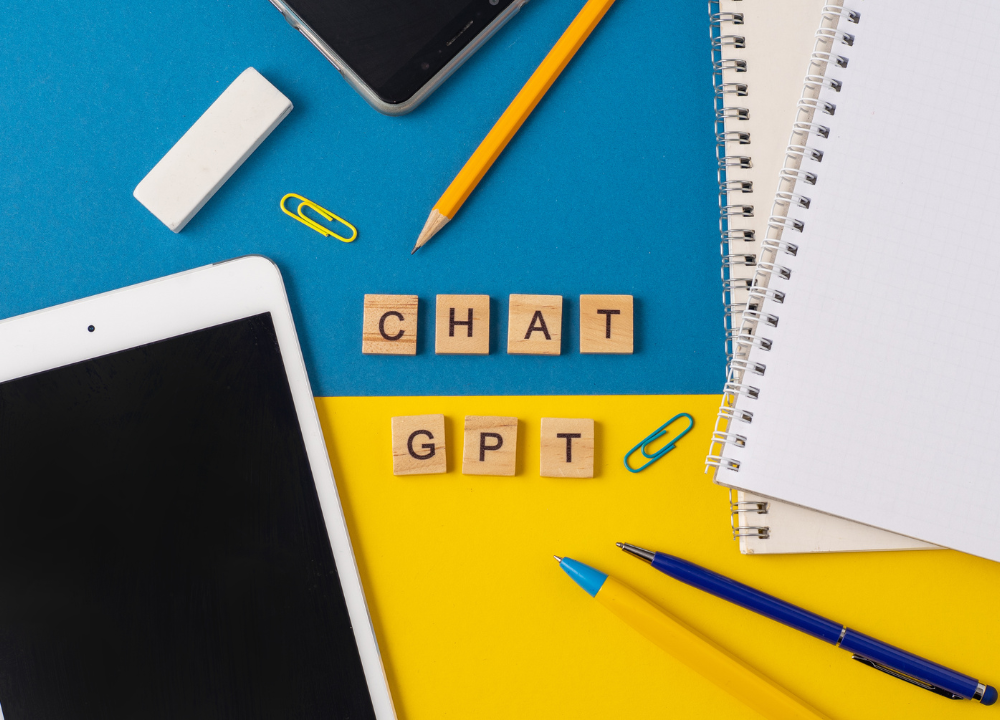ChatGPT vs. Google Search: Which One Should You Pick and for What?

An Artificial Intelligence (AI) chatbot named ChatGPT has disrupted the tech industry with its advanced capabilities to enhance human and machine interaction. The chatbot became popular in weeks, faster than social media platforms such as Instagram and Facebook. The AI-powered tool, interestingly, had about 100 million monthly active users a couple of months after its launch. This astounding rise of ChatGPT has led to a buzz around it, replacing Google as the new search engine. However, from a technical standpoint, comparing a ChatGPT vs. Google Search scenario doesn’t really compute, does it? It’s like comparing apples and oranges. Knowing why is important for professionals and even regular users. We’ve therefore taken on the mantle of exploring the differences between ChatGPT and Google Search. Read ahead to learn more about the ChatGPT vs. Google Search comparison.
ChatGPT vs. Google Search: How do They Differ?

Google Search is an Internet-enabled search tool that allows users to search for information on the web. It uses algorithms to retrieve relevant information from billions of web pages. On the other hand, ChatGPT is a generative AI tool that uses machine learning algorithms to provide users with relevant information in human language.
Here are some key differences between ChatGPT and Google.
1. Internal Working
ChatGPT and Google search engines are different technologies serving different processes. While ChatGPT generates conversational texts, Google searches the Internet to provide relevant results. ChatGPT uses deep learning and a transformer architecture to generate human-like responses to user prompts. It is trained on a massive text data set to mimic human conversations. It uses supervised learning to fine-tune its responses.
On the other hand, Google crawls the Internet to gather information, categorizes data using indexing algorithms, and ranks results based on relevance.
2. How They are Used
ChatGPT uses artificial intelligence tools and techniques to understand and answer customer queries in natural language. When using ChatGPT, users feel like they are conversing with an intelligent friend. Users rely on ChatGPT to find answers to specific questions. For instance, one can ask ChatGPT questions like “What is the capital of India?” or “How do I make a traditional Maharashtrian dish?” and it will try to provide an accurate answer.
Meanwhile, the Google search engine can be used to find information on a wide range of topics. It provides a list of websites containing information about a user’s search query. For example, users can search for “best tourist places in India” or “How to make coffee” on the search engine.
3. Accuracy
ChatGPT answers a query based on the information it has been trained on. Therefore, the accuracy of its response may vary; it may sometimes even be inaccurate. On the other hand, Google provides more accurate answers because its results are based on the information it finds on the web.
What are the Advantages of Using ChatGPT vs. Google Search?
- ChatGPT generates text that is very similar to human text because it is trained on big data so as to understand the nuances of human language.
- One can use ChatGPT for tasks such as text completion, answering questions, and language translations.
- Furthermore, ChatGPT can generate text in multiple languages, making it useful for tasks such as language translation and generating responses in different languages.
- Another advantage of this AI-powered tool is that it understands the context of a conversation and can thus generate appropriate responses.
- Finally, ChatGPT can double up as a virtual assistant. One can ask it to write a poem, compile a travel itinerary, and make ad copies.
ALSO READ: How is BARD and ChatGPT Helping in AI Evolution?
In What Scenarios is Google Search More Effective Than ChatGPT?
1. Advanced Search Capabilities
The Google search engine can perform advanced searches and provide accurate results every time, which is where ChatGPT falls short—it cannot derive accurate results every time.
2. Different Sources of Information to Explore
Google is unparalleled in both speed and scope. With a single query, one can access multiple sources, unlike ChatGPT. Additionally, users can further explore their topic with “People also ask”.
3. Integration With Google Services

Customers can access a wide range of Google-powered applications using the search engine. Google integrates with a wide range of services, such as Google Maps and Google Drive, which makes it a helpful tool for many tasks.
Frequently Asked Questions (FAQs)
1. Can ChatGPT be Used for All Types of Searches?
ChatGPT has the potential to perform various types of searches through its built-in knowledge. However, the data on which it is trained plays a key role in the extent of its search capabilities.
2. How Does ChatGPT Process Natural Language Queries Differently From Google Search?
ChatGPT processes natural language queries to provide an interactive and detailed response.
On the other hand, Google Search uses a keyword-based search approach that requires limited use of natural language queries.
3. How Can Users Ensure the Accuracy of Results From ChatGPT?
Here are some ways in which users can ensure the accuracy of ChatGPT results:
- Be clear and specific when asking a question
- Provide context and necessary details that can help ChatGPT understand your queries better
- When seeking critical or factual information, cross-referencing with trusted resources can ensure the accuracy of the information
- Break down complex questions into smaller and more specific questions
- Avoid using complicated jargon or technical terms when searching
ALSO READ: Unlock the Benefits of AI-Powered Conversations With ChatGPT Plus
Learn AI With Emeritus
If this ChatGPT vs. Google Search comparison has sparked your interest in AI, you’ve come to the right place. Emeritus has an array of artificial intelligence and machine learning courses that provide learners with knowledge of the latest data science, machine learning, and artificial intelligence technology. Professionals can use this knowledge to gain a competitive edge. Moreover, these courses are designed for professionals from different domains with varying experiences. So make the most of the opportunity to skill up.





